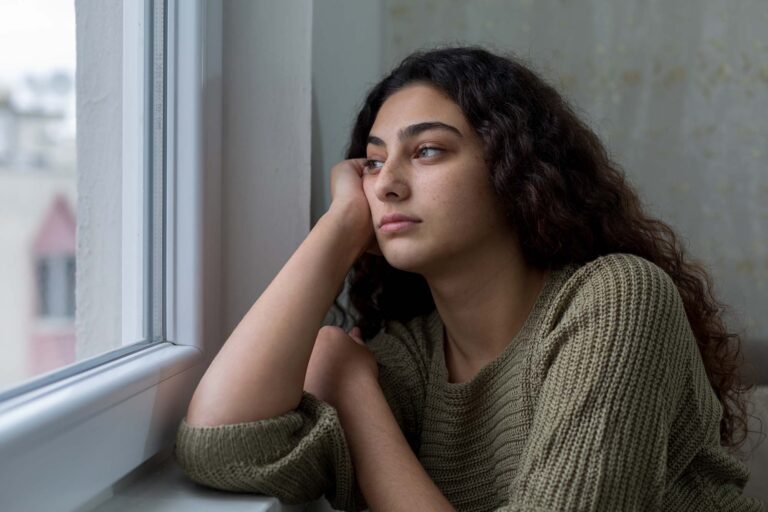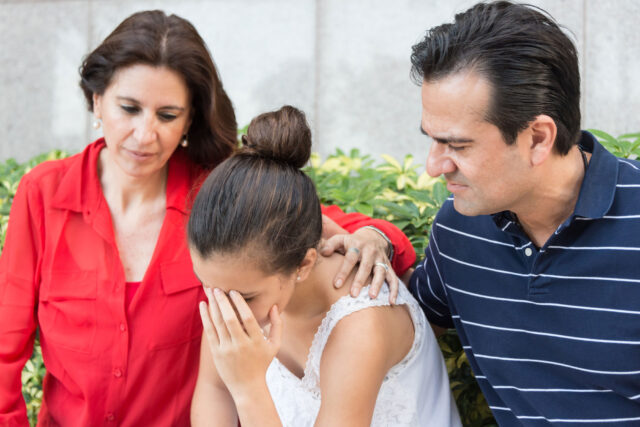Youth mental health was in decline even prior to the pandemic, but school closures, economic hardships, and widespread loss of life have intensified feelings of isolation, depression, and anxiety for many children and adolescents. Last week, PPIC vice president and senior fellow Lande Ajose talked with an expert panel about the challenges children face and the efforts underway to protect youth mental health.
California saw a 20% increase in youth suicide in 2020, and almost half of eleventh graders reported chronic sadness last year, said Melissa Stafford Jones, director of the children and youth behavioral health initiative at the California Health and Human Services Agency. The toll has been heaviest among Black, Latino, LGBTQ, and low-income communities hard hit by the pandemic’s health and social consequences.
Though the crisis is immediate, systemic change will require long-term efforts to improve early intervention and target resources to those who need it most. “Prevention really does start at zero,” said Lishaun Francis, director of behavioral health at the advocacy group Children Now. “We need to support parents and caregivers going forward so that adolescent mental health can thrive.”
California has made a $4.4 billion investment to promote mental and emotional well-being from birth to age 25, an effort that Stafford Jones is leading. The goal is to “reimagine the ecosystem” of behavioral health so that all communities have access to the support they need. This work includes scaling evidence-based practices, simplifying billing processes, and uplifting local organizations with proven approaches, said Stafford Jones.
Another focus of the state’s initiative is workforce investment. Alberto M. Carvalho, superintendent of Los Angeles Unified School District, emphasized the dire shortage of mental health workers. Los Angeles Unified needs “900 new psychiatric social workers,” but California does not have enough individuals with the necessary credentials, he said.
The panelists also pointed out that providing support after a crisis is not always enough. In response to the school shooting in Uvalde, Texas, and other brutal incidents of gun violence, Francis said, “We are simply trying to band-aid a lot of these issues and provide help after the fact. But there is no full mental health system if we’re not removing” these horrific events from children’s lives.
Reshaping our mental health systems to focus on prevention and equity is no easy feat. But Californians seem to be up for the task. Carvalho said he finds hope in the unprecedented levels of awareness and funding available to support emotional well-being. At the same time, he cautioned that, to be effective, investments must be continuous and developed in collaboration with local communities “in ways that they trust and believe in.”
***
PPIC’s Speaker Series on California’s Future invites thought leaders and changemakers with diverse perspectives to participate critically, constructively, and collaboratively in public conversations. The purpose is to give Californians a better understanding of how our leaders are addressing the challenges facing our state.
PPIC is a nonpartisan, nonprofit organization. PPIC does not take or support positions on any ballot measure or on any local, state, or federal legislation, nor does it support, endorse, or oppose any political parties or candidates for public office. Any opinions expressed by event participants are theirs alone and do not necessarily reflect any position of the Public Policy Institute of California.




